Johns Favorites
Discover John's favorite books in this curated list of must-read titles. Find your next great read with John's top book recommendations and literary picks.
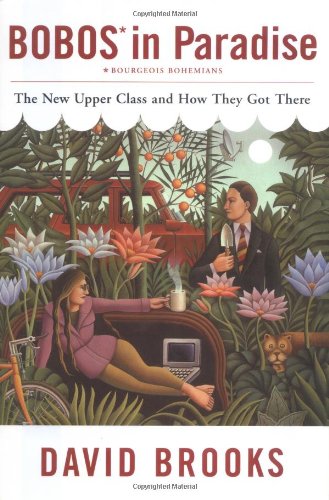
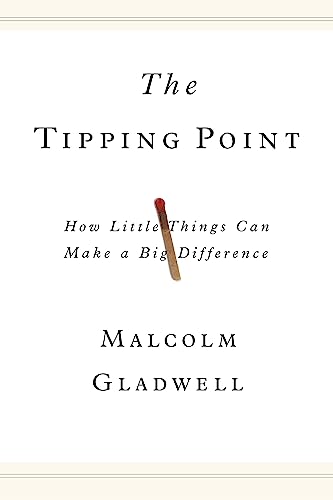
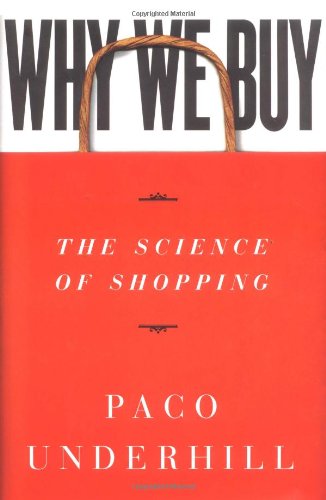
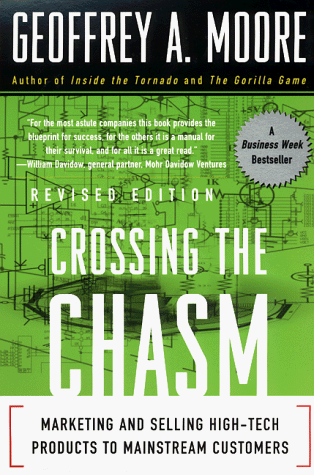
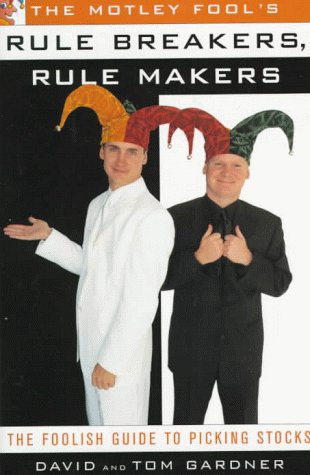

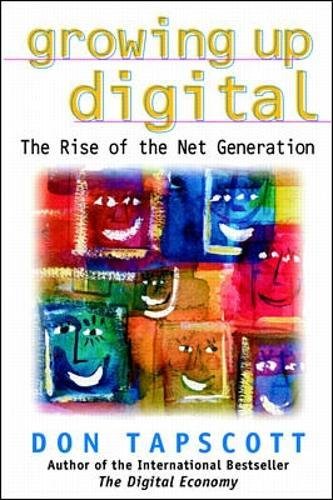

Book
Harry Potter
by J. K. Rowling
Collects the complete series that relates the adventures of young Harry Potter, who attends Hogwarts School of Witchcraft and Wizardry, where he and others of his kind learn their craft.
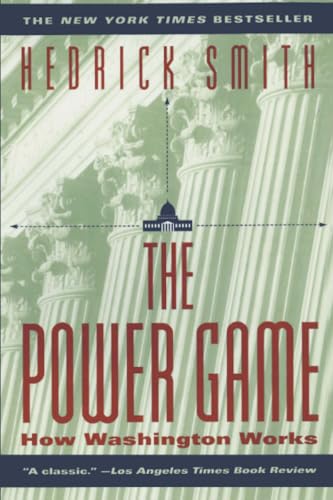
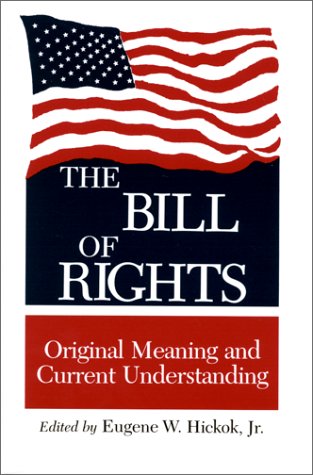
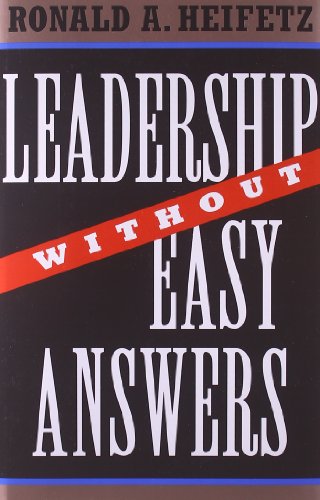

Book
The Future of Freedom
by Fareed Zakaria
The Future of Freedom is a groundbreaking work in which Newsweek International editor Fareed Zakaria presents a penetrating and provocative analysis of the most powerful force sweeping the world - democracy. Tracing the rise of democracy through history, Zakaria reveals why, although democracy has broken down hierarchies, opened up closed systems, and given rise to freedom in some places, it has also fostered chaos, ethnic warfare, and destroyed the very liberties and freedoms it is meant to produce. In The Future of Freedom, Zakaria calls for a re-evaluation of our beliefs in democratic ideals and, in particular, the widely held notion that more democracy means more freedom and a guarantee of greater civil and economic liberties. This book is a call for self-control, for a restoration of the balance between democracy and liberty, Zakaria writes. It is not an argument against democracy. But it is a claim that there can be such a thing as too much democracy; too much of an emphatically good thing.

Book
The Lexus and the Olive Tree
by Thomas L. Friedman
From one of our most perceptive commentators and winner of the National Book Award, a comprehensive look at the new world of globalization, the international system that, more than anything else, is shaping world affairs today. As the Foreign Affairs columnist forThe New York Times, Thomas L. Friedman has traveled the globe, interviewing people from all walks of contemporary life: Brazilian peasants in the Amazon rain forest, new entrepreneurs in Indonesia, Islamic students in Teheran, and the financial wizards on Wall Street and in Silicon Valley. Now Friedman has drawn on his years on the road to produce an engrossing and original look at globalization. Globalization, he argues, is not just a phenomenon and not just a passing trend. It is the international system that replaced the Cold War system; the new, well-greased, interconnected system: Globalization is the integration of capital, technology, and information across national borders, in a way that is creating a single global market and, to some degreee, a global village. Simply put, one can't possibly understand the morning news or one's own investments without some grasp of the system. Just one example: During the Cold War, we reached for the hot line between the White House and the Kremlin--a symbol that we were all divided but at least the two superpowers were in charge. In the era of globalization, we reach for the Internet--a symbol that we are all connected but nobody is totally in charge. With vivid stories and a set of original terms and concepts, Friedman offers readers remarkable access to his unique understanding of this new world order, and shows us how to see this new system. He dramatizes the conflict of "the Lexus and the olive tree"--the tension between the globalization system and ancient forces of culture, geography, tradition, and community. He also details the powerful backlash that globalization produces among those who feel brutalized by it, and he spells out what we all need to do to keep the system in balance. Finding the proper balance between the Lexus and the olive tree is the great drama of he globalization era, and the ultimate theme of Friedman's challenging, provocative book--essential reading for all who care about how the world really works.

Book
Good to Great
by Jim Collins
The Challenge Built to Last, the defining management study of the nineties, showed how great companies triumph over time and how long-term sustained performance can be engineered into the DNA of an enterprise from the verybeginning. But what about the company that is not born with great DNA? How can good companies, mediocre companies, even bad companies achieve enduring greatness? The Study For years, this question preyed on the mind of Jim Collins. Are there companies that defy gravity and convert long-term mediocrity or worse into long-term superiority? And if so, what are the universal distinguishing characteristics that cause a company to go from good to great? The Standards Using tough benchmarks, Collins and his research team identified a set of elite companies that made the leap to great results and sustained those results for at least fifteen years. How great? After the leap, the good-to-great companies generated cumulative stock returns that beat the general stock market by an average of seven times in fifteen years, better than twice the results delivered by a composite index of the world's greatest companies, including Coca-Cola, Intel, General Electric, and Merck. The Comparisons The research team contrasted the good-to-great companies with a carefully selected set of comparison companies that failed to make the leap from good to great. What was different? Why did one set of companies become truly great performers while the other set remained only good? Over five years, the team analyzed the histories of all twenty-eight companies in the study. After sifting through mountains of data and thousands of pages of interviews, Collins and his crew discovered the key determinants of greatness -- why some companies make the leap and others don't. The Findings The findings of the Good to Great study will surprise many readers and shed light on virtually every area of management strategy and practice. The findings include: Level 5 Leaders: The research team was shocked to discover the type of leadership required to achieve greatness. The Hedgehog Concept (Simplicity within the Three Circles): To go from good to great requires transcending the curse of competence. A Culture of Discipline: When you combine a culture of discipline with an ethic of entrepreneurship, you get the magical alchemy of great results. Technology Accelerators: Good-to-great companies think differently about the role of technology. The Flywheel and the Doom Loop: Those who launch radical change programs and wrenching restructurings will almost certainly fail to make the leap. “Some of the key concepts discerned in the study,” comments Jim Collins, "fly in the face of our modern business culture and will, quite frankly, upset some people.” Perhaps, but who can afford to ignore these findings?